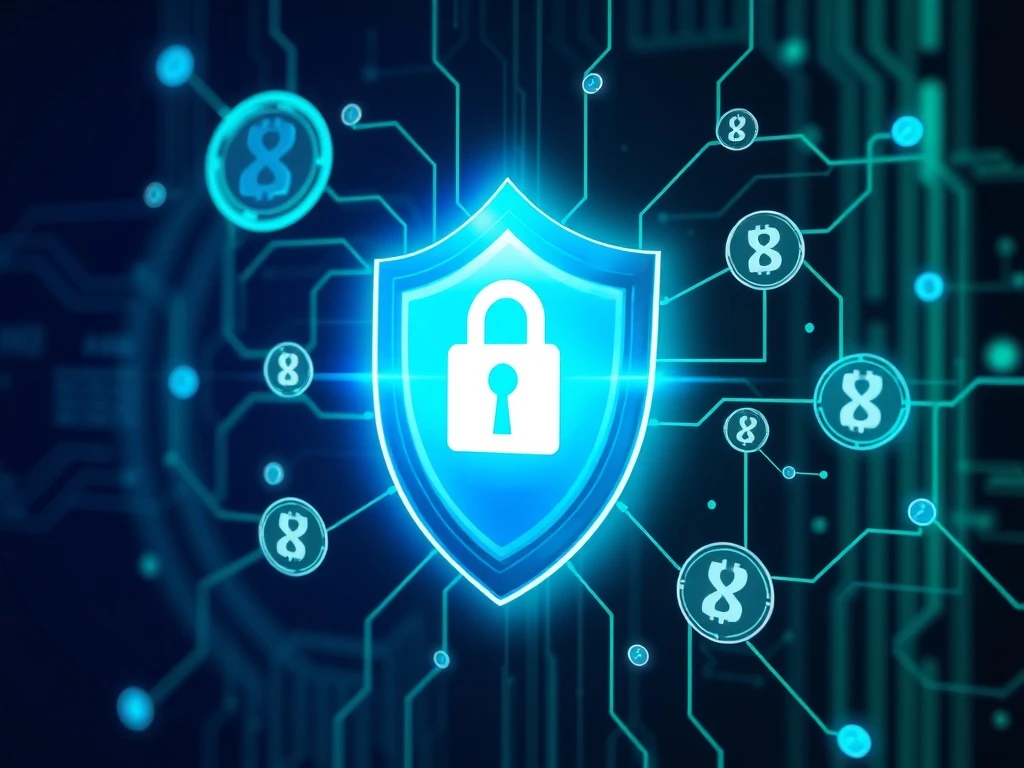In the rapidly evolving cryptocurrency landscape, ZK-proofs emerge as a groundbreaking solution that addresses one of the most pressing dilemmas: how to protect user privacy while enabling effective law enforcement against bad actors. This innovative technology represents a paradigm shift in balancing individual rights with regulatory requirements.
How ZK-Proofs Revolutionize Privacy and Compliance
ZK-proofs, or zero-knowledge proofs, represent a cryptographic breakthrough that allows verification of information without revealing the underlying data. Consequently, this technology enables users to prove the legitimacy of their funds without exposing sensitive transaction details. Moreover, financial institutions can validate compliance while maintaining customer privacy.
The Tornado Cash Case and Regulatory Challenges
The recent conviction of Tornado Cash co-founder Roman Storm highlights the ongoing tension between privacy tools and regulatory oversight. However, ZK-proofs offer a middle ground by providing:
- Transaction validation without exposing personal data
- Compliance assurance for financial institutions
- Law enforcement access to necessary information
- User privacy protection throughout the process
Beyond Finance: Diverse Applications of ZK-Proofs
Interestingly, ZK-proofs extend far beyond cryptocurrency applications. These cryptographic techniques can verify various claims without compromising personal information. For instance, individuals can prove citizenship or age requirements without sharing documents containing excessive personal data. Additionally, businesses can validate customer eligibility while minimizing data exposure risks.
Technical Advancements Making ZK-Proofs Practical
Recent technological improvements have addressed previous scalability concerns associated with ZK-proofs. Significant reductions in computational overhead now make large-scale implementation feasible. Furthermore, ongoing research continues to enhance both efficiency and usability, making this technology increasingly accessible for mainstream adoption.
Alternative Privacy-Preserving Technologies
Besides ZK-proofs, several other cryptographic methods show promise for privacy protection:
- Homomorphic encryption enables data computation without decryption
- Multiparty computation allows collaborative calculations without data sharing
- Differential privacy protects individual data in aggregated statistics
Government and Institutional Adoption Trends
The U.S. government’s recent crypto report specifically highlighted ZK-proofs as a viable method for privacy-preserving compliance checks. Major financial institutions like JPMorgan already utilize this technology in their private blockchain operations. Similarly, regulatory bodies increasingly recognize the value of privacy-enhancing technologies that don’t compromise security requirements.
Future Outlook for Privacy Technology
As blockchain technology evolves, privacy solutions will continue developing alongside regulatory frameworks. The ongoing collaboration between cryptographers, engineers, and policymakers ensures that privacy technologies mature responsibly. Ultimately, these advancements will shape how society balances individual privacy rights with collective security needs in the digital age.
Frequently Asked Questions
What are ZK-proofs exactly?
ZK-proofs are cryptographic methods that allow one party to prove knowledge of specific information without revealing that information itself.
How do ZK-proofs help combat crypto crime?
They enable verification of fund legitimacy and compliance without exposing unnecessary personal transaction data to authorities.
Are ZK-proofs compatible with existing regulations?
Yes, they provide a way to meet regulatory requirements while preserving user privacy through selective information disclosure.
What makes ZK-proofs different from encryption?
While encryption protects data confidentiality, ZK-proofs enable verification without revealing the actual data content.
How scalable are ZK-proofs for mass adoption?
Recent technical advancements have significantly improved scalability, making them practical for large-scale applications.
Can ZK-proofs be used outside cryptocurrency?
Absolutely, they have applications in identity verification, voting systems, and various other privacy-sensitive domains.
















